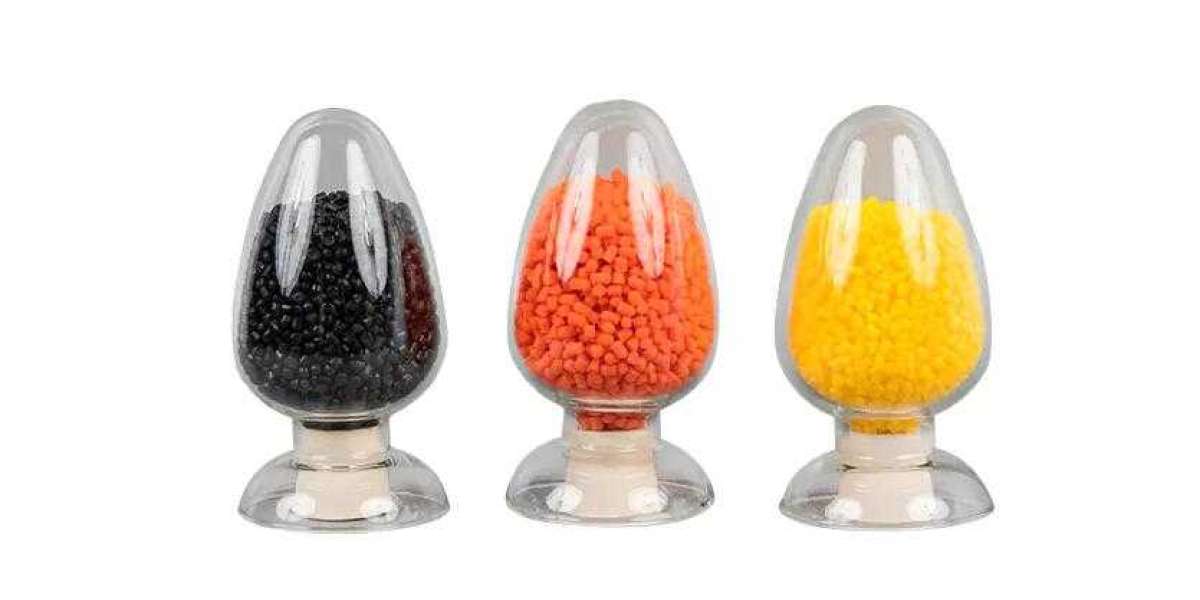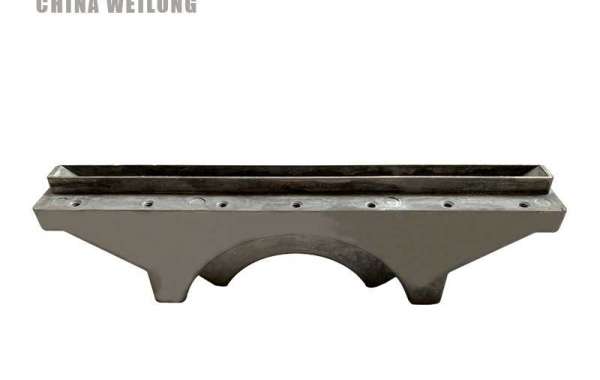Polyvinyl chloride (PVC) is a versatile and widely used thermoplastic material known for its durability, flexibility, and chemical resistance. To enhance the performance and longevity of PVC products, various additives are incorporated during the manufacturing process. One such important additive is PVC calcium-zinc stabilizer, which plays a crucial role in stabilizing PVC formulations.
PVC calcium-zinc stabilizer is a type of heat stabilizer formulated using a blend of calcium and zinc compounds. Its primary function is to counteract the detrimental effects of heat, light, and other external factors on PVC materials during processing and application. The stabilizer helps prevent PVC from degrading, maintaining its physical and mechanical properties over time.
One of the key roles of PVC calcium-zinc stabilizer is heat stabilization. PVC is sensitive to high temperatures, which can lead to degradation, discoloration, and loss of mechanical strength. The calcium-zinc stabilizer acts as a heat stabilizing agent by absorbing and neutralizing the harmful free radicals that are generated during PVC processing, thus preventing thermal degradation and maintaining the integrity of the material.
PVC is also susceptible to degradation caused by UV radiation from sunlight. UV exposure can lead to discoloration, embrittlement, and reduced overall performance of PVC products. PVC calcium-zinc stabilizer provides light stabilization by absorbing UV radiation and converting it into harmless heat, preventing photochemical reactions and protecting the PVC from UV-induced degradation.
In addition to stabilization, PVC calcium-zinc stabilizer also acts as a lubricant and processing aid during PVC compounding and extrusion. It improves the flow characteristics of PVC melts, facilitating smoother processing, reducing friction, and preventing the material from sticking to processing equipment. This aids in achieving uniformity and consistency in the final PVC product.
The use of PVC calcium-zinc stabilizer significantly enhances the long-term durability of PVC products. By effectively stabilizing the material against heat, light, and environmental factors, it helps PVC retain its mechanical strength, color, and physical properties over extended periods of time. This ensures that PVC applications, such as pipes, profiles, cables, and vinyl products, maintain their performance and appearance throughout their intended lifespan.
PVC calcium-zinc stabilizer is often preferred over traditional stabilizers containing heavy metals such as lead and cadmium due to environmental and health concerns. Calcium and zinc compounds are considered safer and more environmentally friendly alternatives, making PVC formulations incorporating calcium-zinc stabilizers more sustainable and compliant with regulatory standards.








